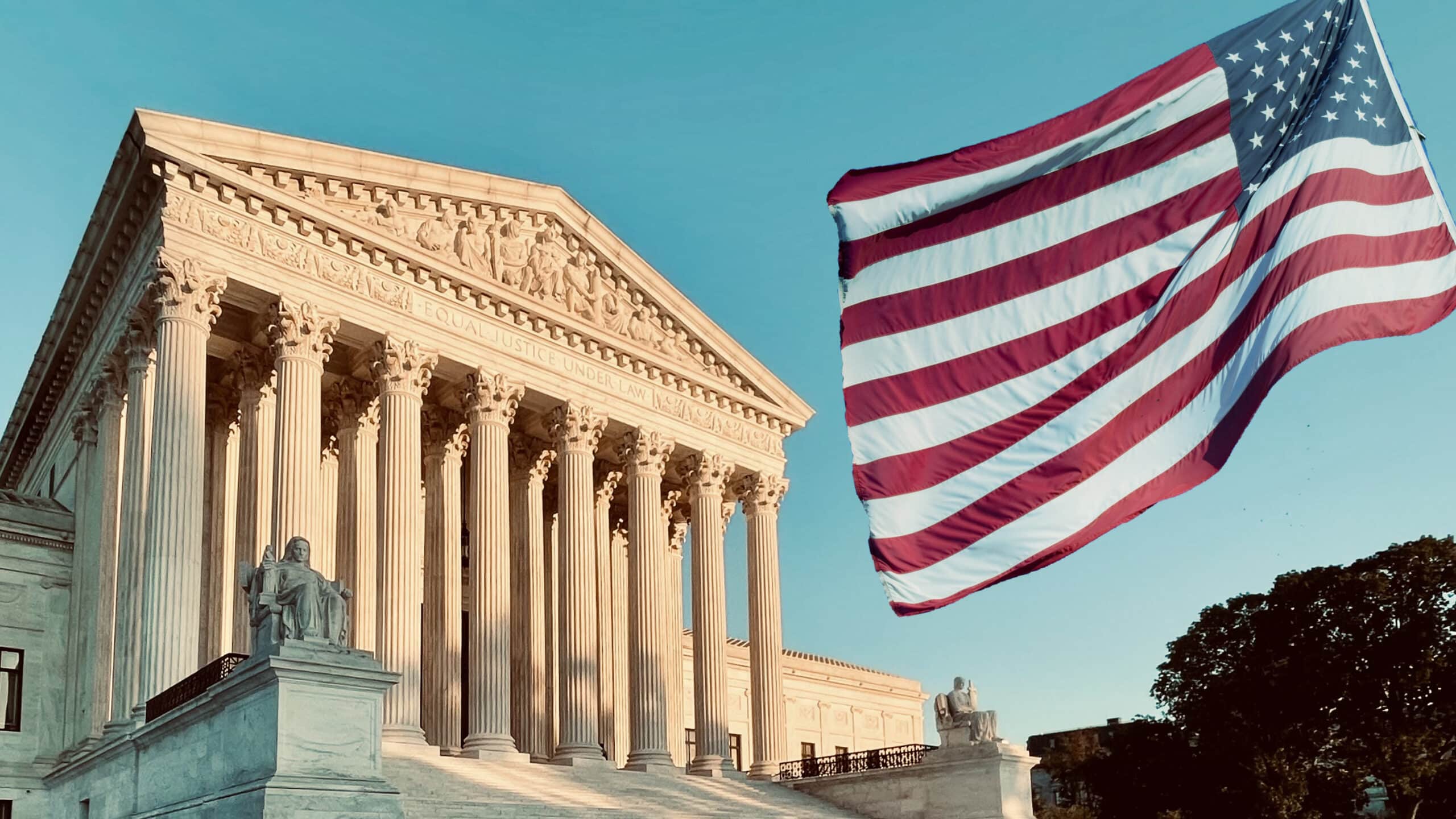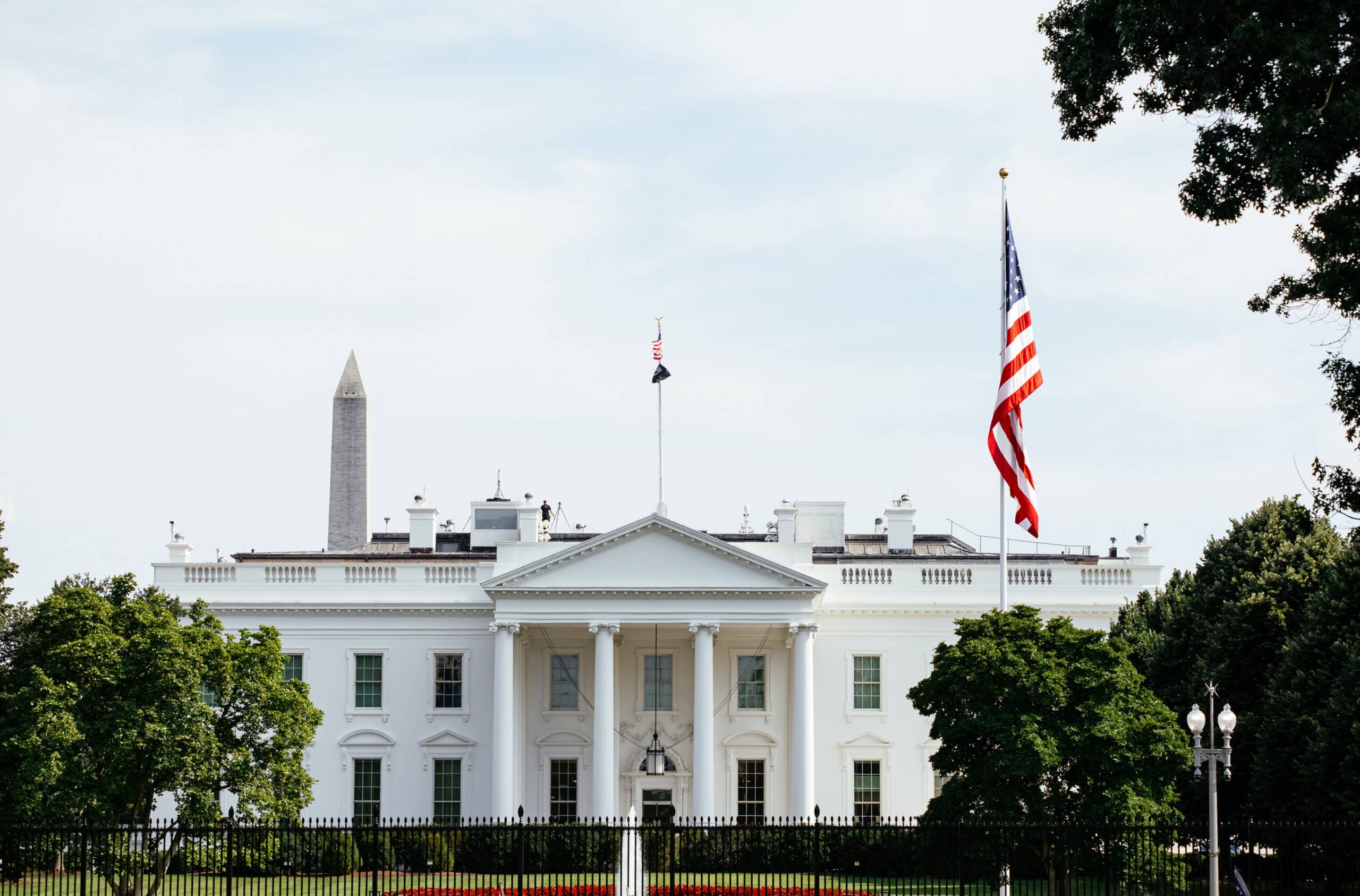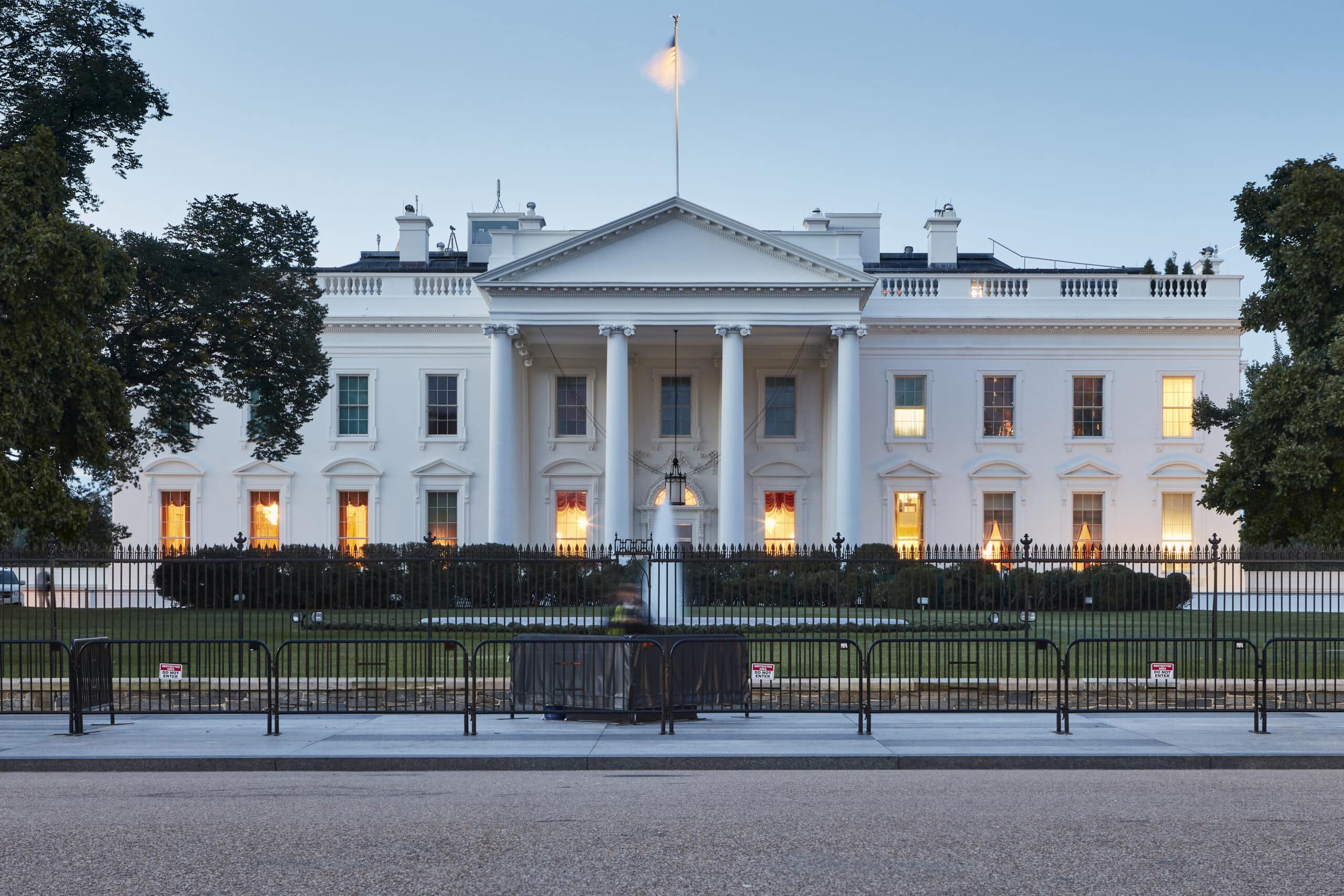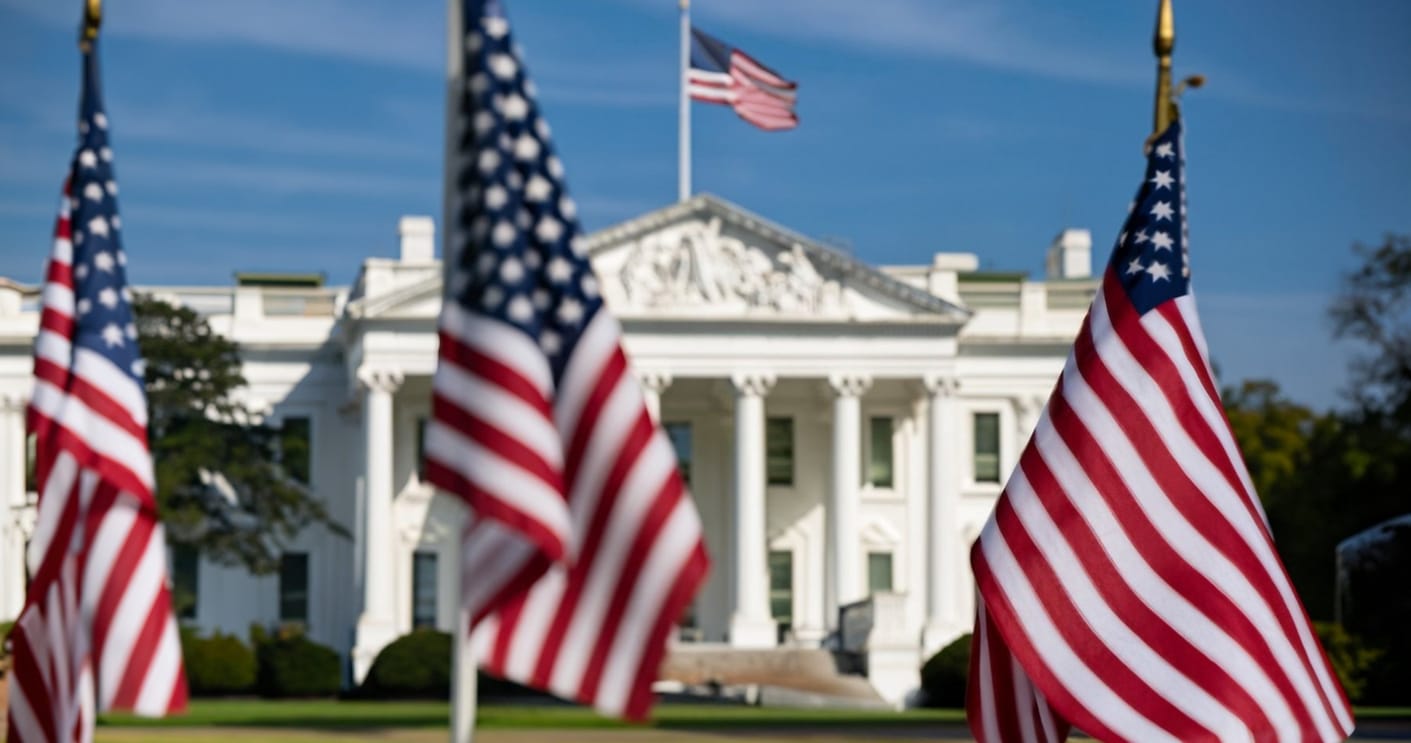An Emerson College Polling national survey of voters finds a majority (60%) support creating an age limit to serve on the Supreme Court, while 23% oppose an age limit; 17% are unsure. Sixty-eight percent (68%) of Democrats, 52% of Republicans and 61% of independent voters support creating an age limit. Fifty-eight percent support introducing term limits for Supreme Court justices, regardless if there were an age limit, 23% oppose them, and 20% are unsure.
Thirty-nine percent of voters oppose expanding the size of the Supreme Court to 13 justices, while 37% support adding justices to the Court and 24% are unsure.
- Younger voters are generally more supportive of expanding the court compared to older voters, 42% of voters under 30 support expanding the court compared to 27% of those over 70.
Half of voters (50%) think the court has too much power, 43% think it has the right amount of power, and 6% think it has too little power. Half of US voters (50%) describe the Supreme Court as “conservative” (27%) or “very conservative” (23%), while 34% describe the Court as “Moderate,” and 16% describe it as liberal (10%) or very liberal (6%).
A majority (71%) of voters think there should be legislation requiring Supreme Court justices to be held to the same ethical standard as all other federal courts judges. Thirteen percent would not support such legislation.
A majority of voters (54%) disagree with the Supreme Court’s decision to overturn Roe v. Wade. 31% agree with the decision, while 16% are unsure.
- 60% of female voters disagree with the decision, compared to 47% of male voters.
A majority of voters (63%) agree with the Supreme Court’s decision that mifepristone, a drug available at pharmacies by prescription, enabling a woman to have a non-surgical abortion during her first seven weeks of pregnancy, can remain available. Eighteen percent disagree, and 19% are unsure.
- 71% of female voters agree with the court’s decision, compared to half (50%) of Republican voters.
Voters are split on the Supreme Court’s rulings that keep the government from being able to impose strict gun control laws: 40% agree, 42% disagree, and 18% are unsure.
A plurality of voters (47%) disagree with the Supreme Court’s ruling that former presidents have certain immunity from criminal prosecution for official actions taken while in office, while 34% agree with the decision.
Methodology
The Emerson College Polling national survey was conducted July 25-28, 2024. The sample of registered voters, n=1,000, has a credibility interval, similar to a poll’s margin of error (MOE), of +/- 3 percentage points. The data sets were weighted by gender, education, race, age, party affiliation, and region based on 2024 voter modeling. Turnout modeling is based on U.S. Census parameters, and voter registration data.
It is important to remember that subsets based on demographics, such as gender, age, education, and race/ethnicity, carry with them higher credibility intervals, as the sample size is reduced. Survey results should be understood within the poll’s range of scores, and with a confidence interval of 95% a poll will fall outside the range of scores 1 in 20 times.
Data was collected by contacting an online panel of voters provided by CINT. The survey was offered in English.
All questions asked in this survey with exact wording, along with full results, demographics, and cross tabulations can be found under Full Results. This survey was funded by Emerson College.







